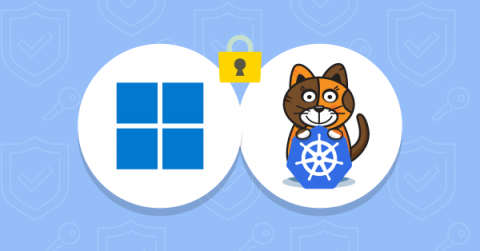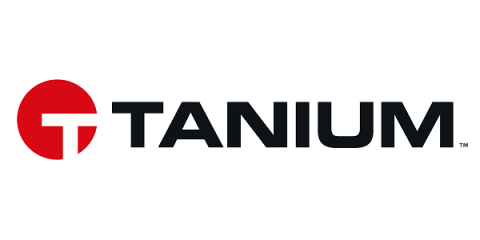Security | Threat Detection | Cyberattacks | DevSecOps | Compliance
Windows
Audit Policy: Object Access: Certification Services
Audit Policy: Object Access: File System
Securing Windows workloads
Containers are a great way to package applications, with minimal libraries required. It guarantees that you will have the same deployment experience, regardless of where the containers are deployed. Container orchestration software pushes this further by preparing the necessary foundation to create containers at scale. Linux and Windows support containerized applications and can participate in a container orchestration solution.
How NTFS Alternate Data Streams Introduce Security Vulnerability
You may not be familiar with NTFS file streams, but you use them every day when you access files on any modern Windows system. This blog post explains this feature of NTFS ADS, shows how hackers can exploit file stream functionality in cyberattacks, and offers strategies for defending your organization.
Malicious Use of Signed Drivers in Microsoft Windows
Are You Prepared for the Windows 10 Retirement?
The time is now to start accelerating the shift to Windows 11.
CVE-2022-37958 - Critical Vulnerability in SPNEGO NEGOEX Could Lead to RCE on Windows platforms
Windows File Access Monitoring
In this post, we will dive into how to configure file access auditing on a Windows file server and explore the challenges with interpreting critical access events.
Zeek on Windows
As we shared at ZeekWeek 2022 in October, we’re thrilled to announce emerging support for Zeek on Windows, thanks to an open-source contribution from Microsoft. Part of its integration of Zeek into its Defender for Endpoint security platform, this contribution provides fully-native build support for Windows platforms and opens up a range of future technical possibilities in this vast ecosystem.










